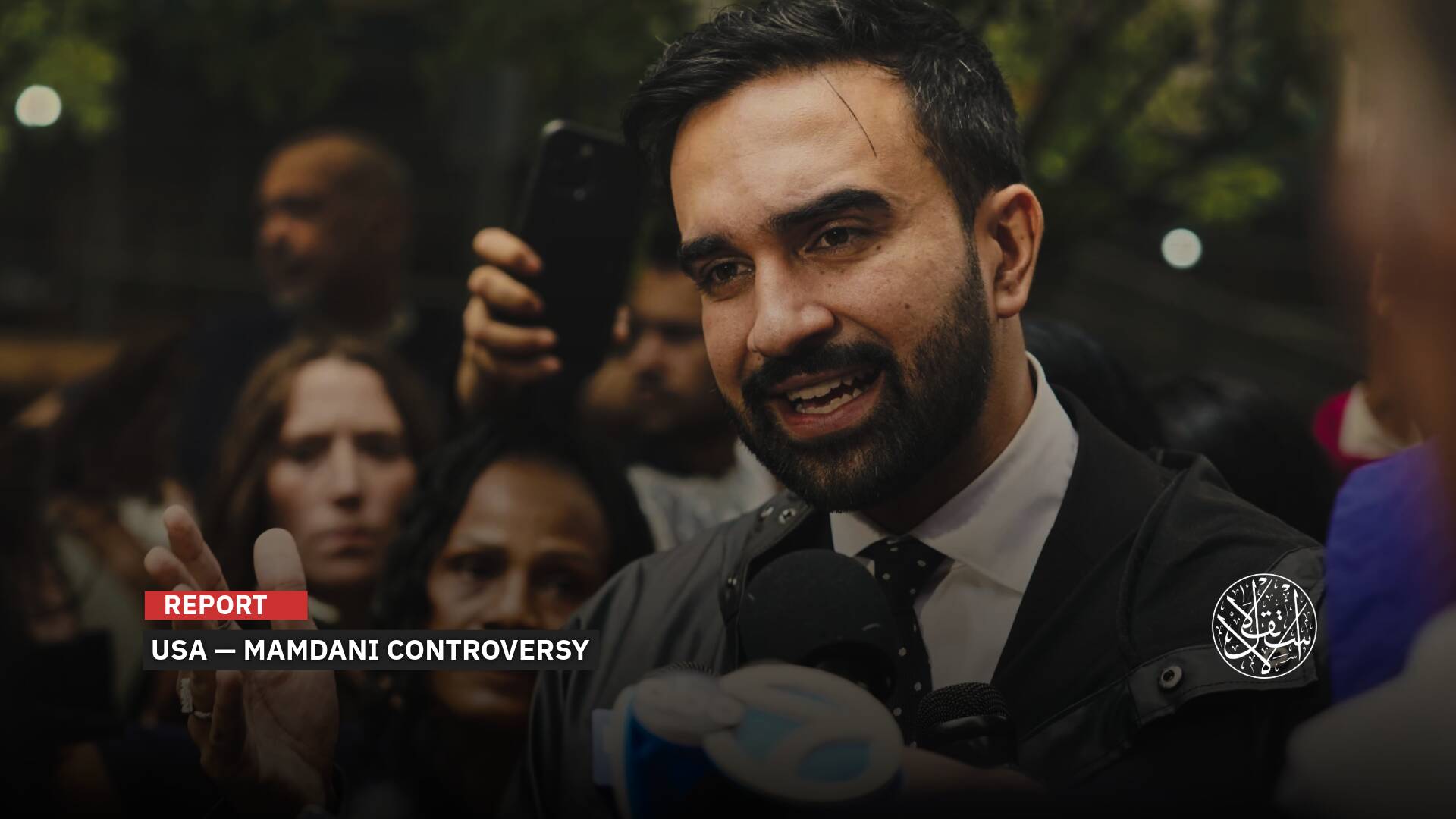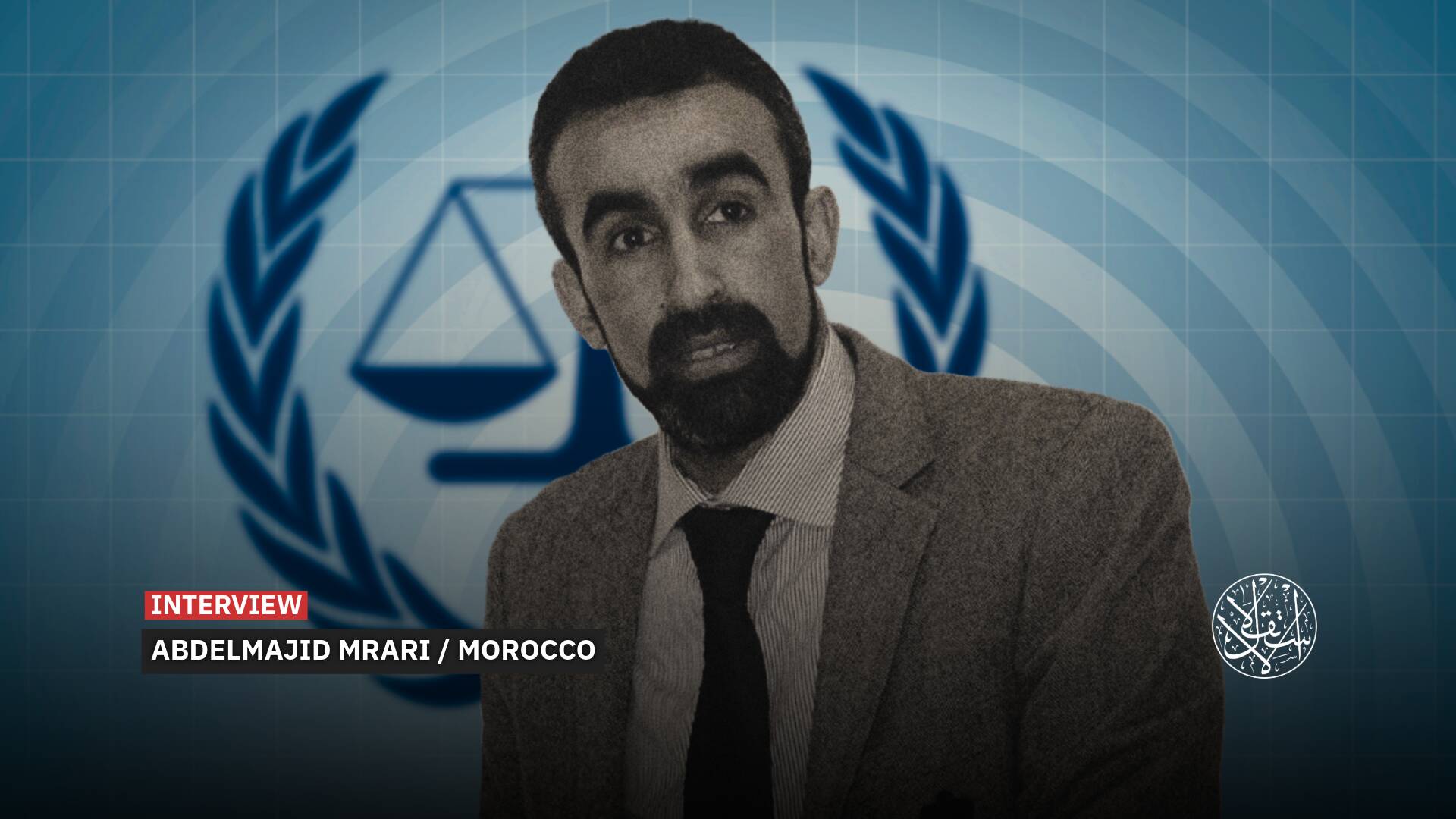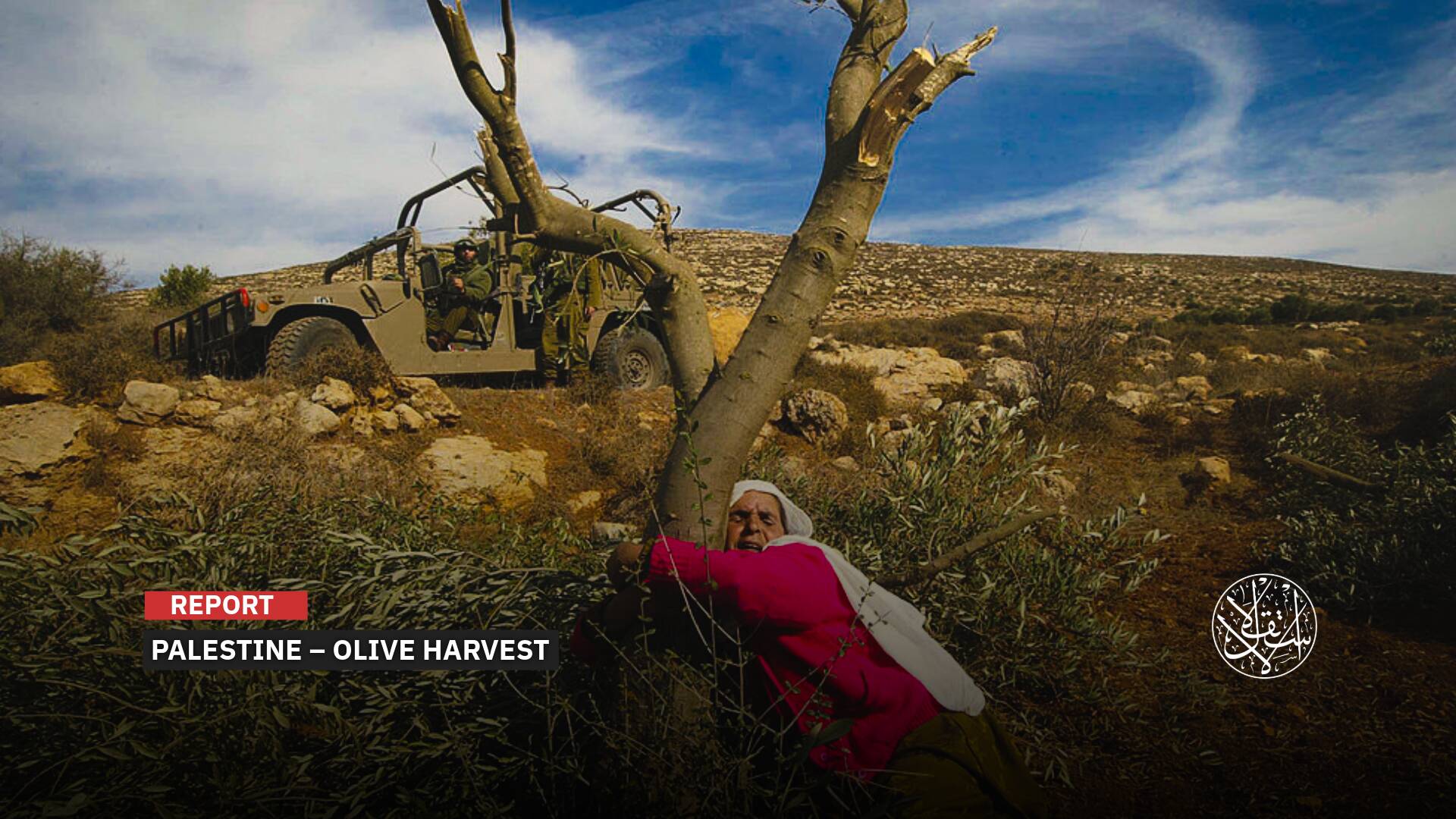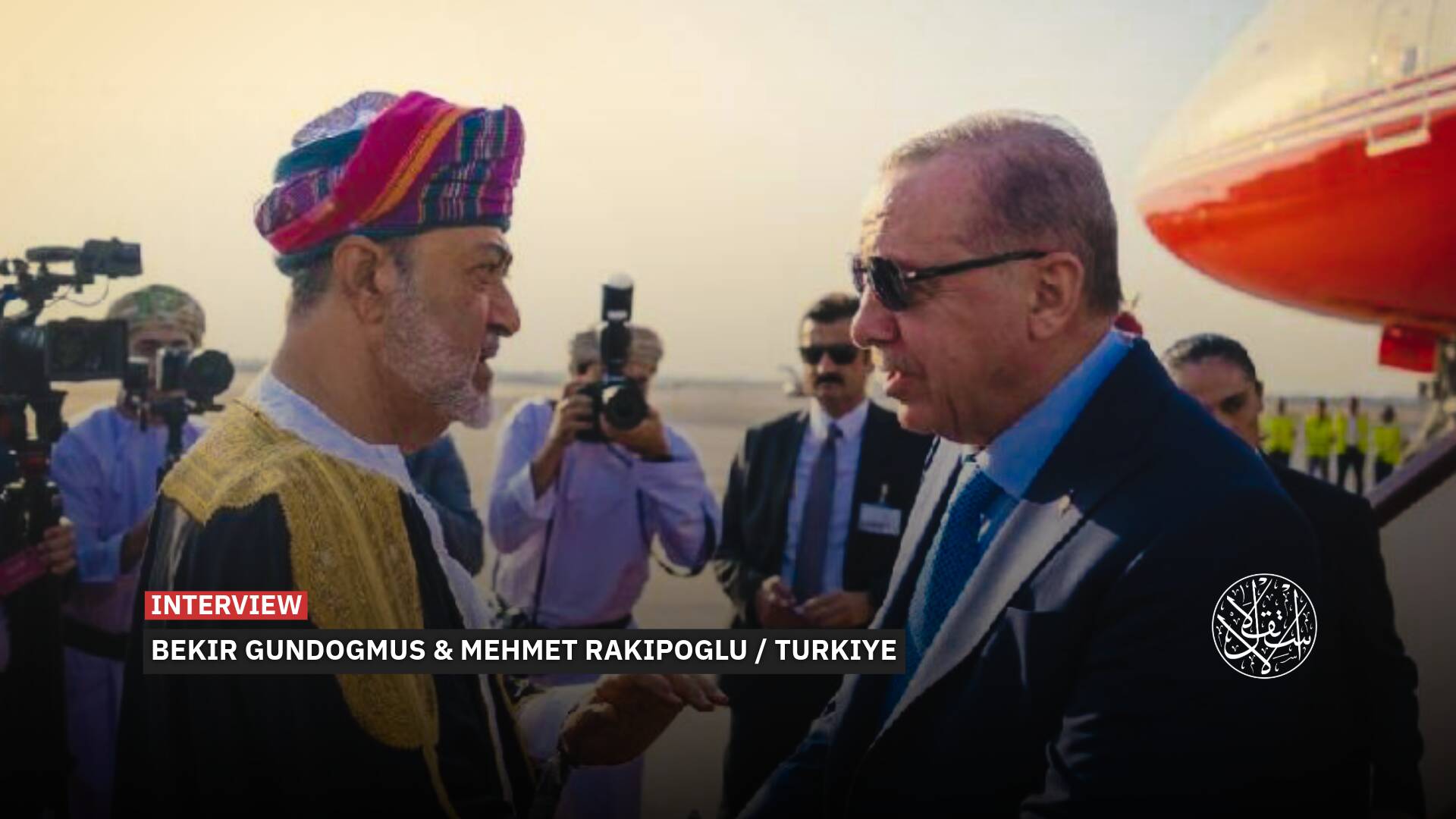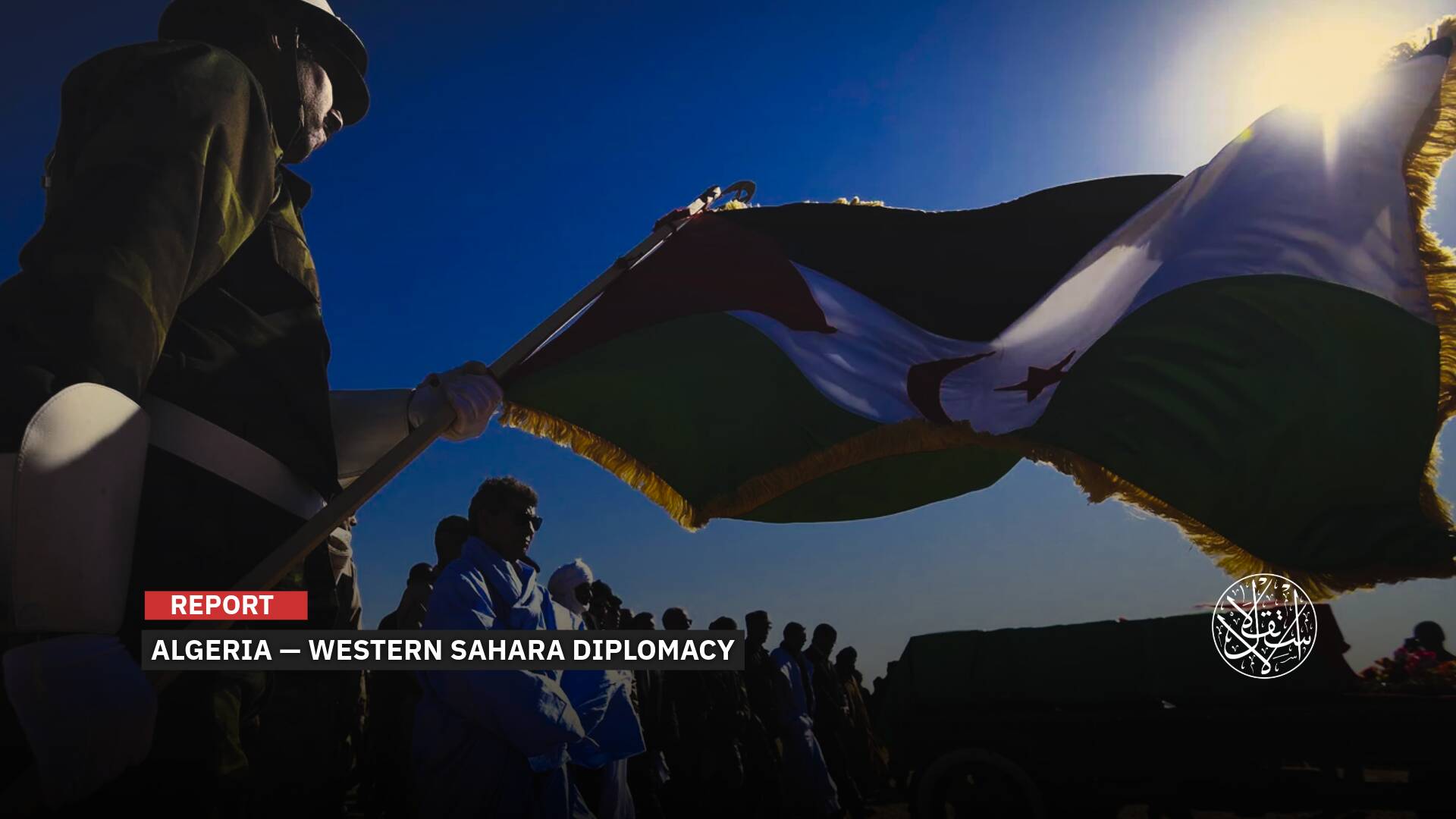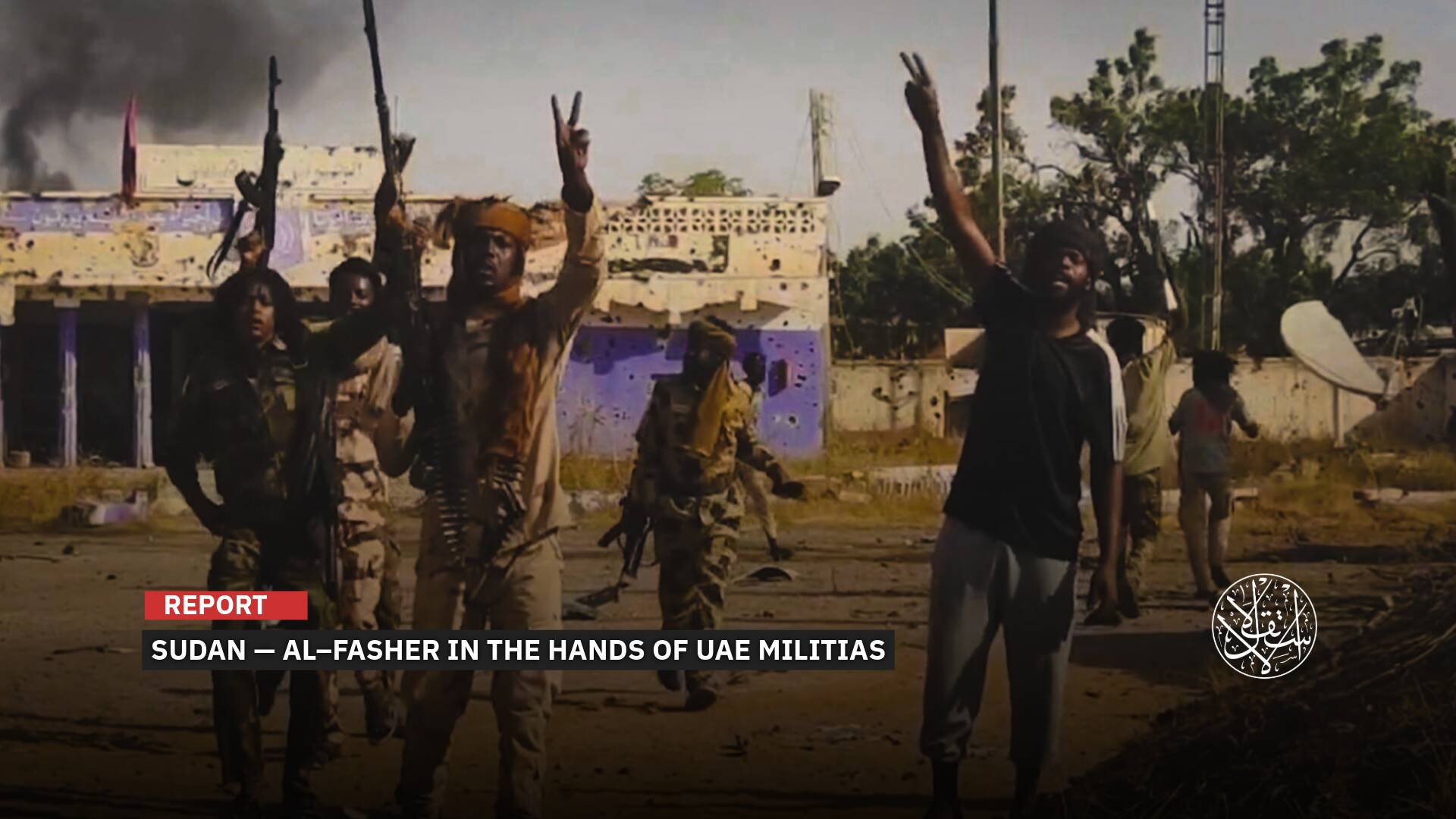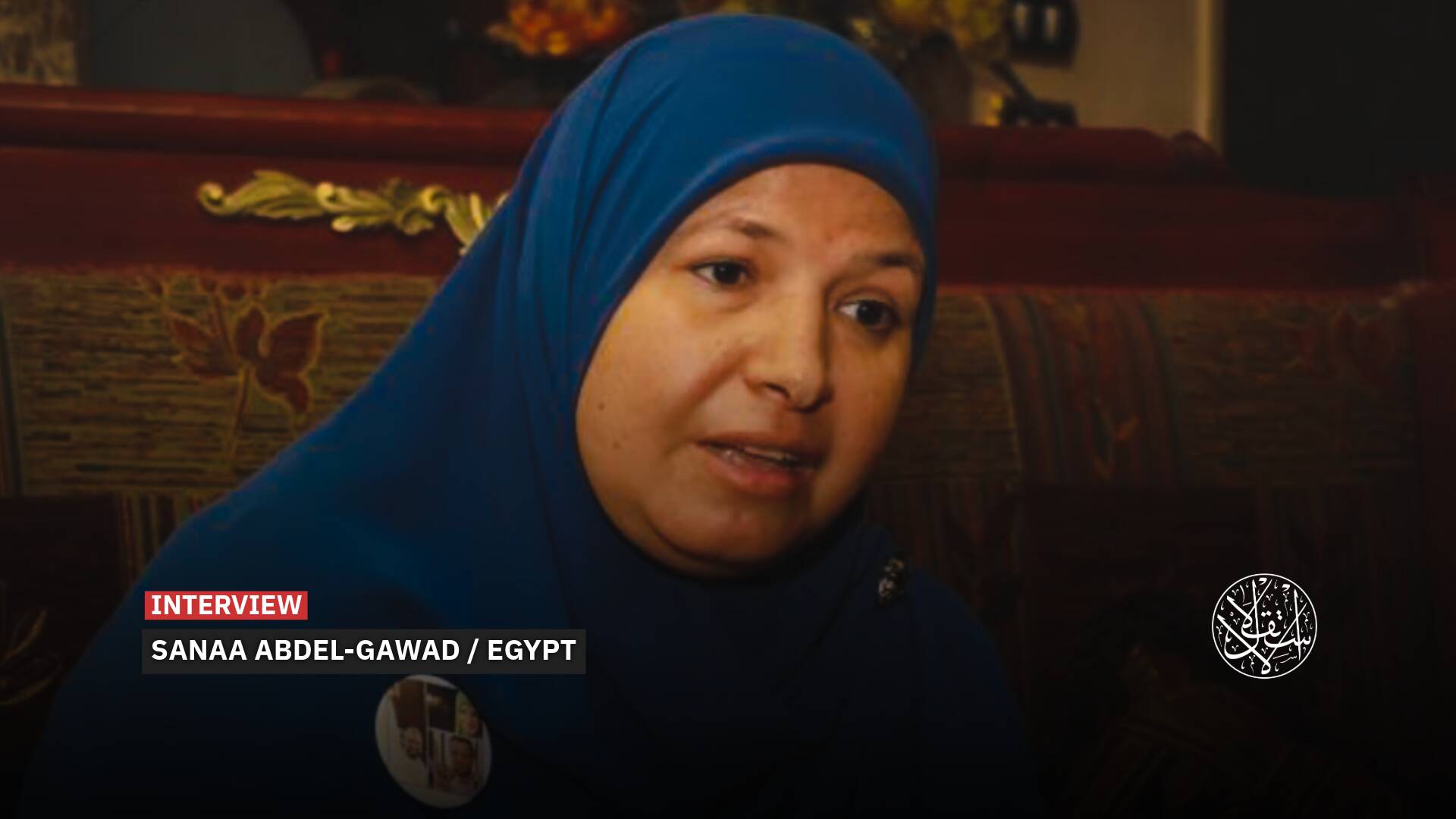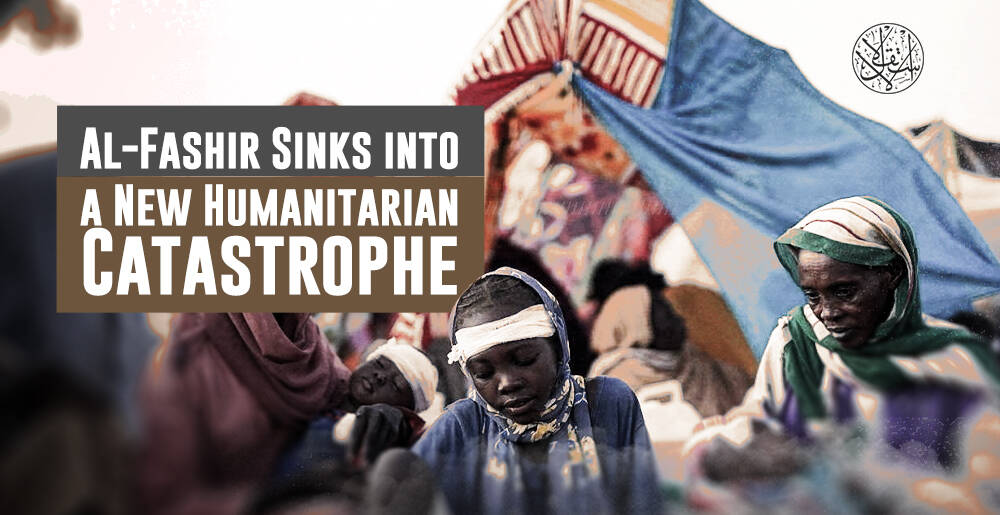What's Behind the Foreign Military Reinforcements in Yemen's al-Mahra?

Al-Mahra's residents are wary of Saudi influence.
Yemen’s al-Mahra province is witnessing rising tensions between political factions and Saudi-backed forces, alongside a growing U.S. military presence.
The province’s deputy governor, Badr Kalshat, described the situation as a “critical turning point” that demands unity and collective action.
The arrival of more U.S. and Saudi-backed troops has sparked concerns over the growing militarization of Yemen's al-Mahra province, a strategic gateway to the Arabian Sea that has long hosted British and U.S. forces at al-Ghaydah airport.
All Options Are on the Table!
On February 16, 2025, the Peaceful Sit-in Committee in al-Mahra ramped up its opposition to the establishment of “Homeland Shield Forces,” a unit created by Presidential Leadership Council chief Rashad al-Alimi. The force, formed in January 2023, is reportedly trained, armed, and funded by Riyadh, with many of its recruits drawn from the pro-Saudi Salafi movement.
The Peaceful Sit-in Committee, a protest movement established in 2018, has accused Saudi Arabia of attempting to dominate the province through proxy forces. The committee's leader, Sheikh Ali Salem al-Harizi, visited the Haswayn district as part of an ongoing campaign against what his spokesperson, Ali Mahammid, called Saudi “schemes” to control al-Mahra.
Al-Harizi met with tribal leaders, social figures, and committee members, stressing that al-Mahra’s people, known for their moderate Shafi’i beliefs, reject extremist ideologies and foreign-backed militias.
These developments coincide with the recent arrival of U.S. forces at al-Ghaydah airport, comprising officers, soldiers, military vehicles, and equipment. Reports suggest this is the second such deployment in two months, following the arrival of U.S. and French troops in late December 2024.
According to the Yemeni website 26 September, sources confirmed that a U.S. Marine unit landed in al-Ghaydah, further fueling local opposition.
On February 14, the Peaceful Sit-in Committee held an awareness session for youth in al-Ghaydah, warning against extremist groups and foreign military interventions that threaten al-Mahra’s stability.
During the meeting, Sheikh al-Harizi stated that “all options remain on the table for the people of al-Mahra if the foreign occupation continues to target the province.”

Power Struggles
Yemeni writer and political analyst Yassin al-Tamimi described al-Mahra as a battleground for regional influence, despite its relative stability and the ongoing presence of remnants of the former Yemeni army under the Ministry of Defense and Chief of Staff.
“While there is significant social opposition to Saudi influence in al-Mahra, efforts to gradually dismantle and absorb this movement are underway through the erosion of its leadership and the steady buildup of military forces in the province,” he told Al-Estiklal.
He downplayed the significance of reinforcements for the “Homeland Shield Forces,” stating that they mainly consist of local recruits and are part of a broader strategy to consolidate power.
Al-Tamimi pointed out that the “Homeland Shield Forces” and certain Salafi centers are central to this strategy, noting that local sensitivities arise from fears that these ideological shifts could ignite internal conflicts.
“The reality on the ground already reflects a struggle for influence, with al-Mahra becoming a focal point of regional competition,” he added.
As for the presence of U.S. and British forces, al-Tamimi clarified that their deployment is not new, as both have maintained a presence at the decommissioned al-Ghaydah airport. He suggested their role is likely linked to monitoring maritime routes in the Arabian Sea and curbing smuggling activities.
Al-Tamimi dismissed any notion that the deployment of U.S. forces and the “Homeland Shield Forces” serves Yemen’s national interests, arguing that the presence of external military forces in al-Mahra is unjustified, given the availability of official military units that could be strengthened by integrating local recruits.
“The developments in al-Mahra are driven not by Yemen’s national interests but by the geopolitical and security priorities of dominant regional and international powers.”
“Al-Mahra province rejects the American, British, and Saudi occupation, and it rejects any force that is affiliated with foreign occupation,” Huna Aden’s chief Anes Mansory posted on X.
“The free and honorable people of al-Mahra will not accept humiliation, so we call for the occupation to leave as soon as possible, before regret and finger-pointing begin.”

A Critical Juncture
Amid growing tensions, al-Mahra's Deputy Governor, Badr Kalshat, declared that the province is “at a critical juncture, demanding we stand as grand as our land and its wealth, and as heroic as those before us.”
“We have no option but to unite, align our ranks, and set aside divisions and conflicts that only benefit the enemy lurking within and outside our borders,” said Kalshat.
The Deputy Governor called upon the people of the province, stating, “Al-Mahra has never been just a geography; it has been a heritage and a civilization, protected by the swords of our ancestors and preserved by the will of our men. Today, we face challenges that threaten our existence and our authentic Arab social fabric, which many Arab tribes have lost due to fragmentation and internal conflicts.”
“If we reflect on the sacrifices of our ancestors, we see that they gave their lives to protect this vast land, the largest province in the republic. Yet, it has been unfairly divided, with large portions taken away, equivalent to entire provinces, due to the negligence of some and the exploitation by previous governments.”
While emphasizing that the responsibility lies with everyone, Kalshat stressed the “necessity of preserving this great heritage, which has withstood foreign invasions throughout history, with their traces and heroics still telling their story today.”
“This is a brief but crucial phase. If we stand strong and protect our unity, land, and wealth, we will emerge victorious, heads held high, leaving a bright and stable future for future generations, just as we inherited our land from our heroic ancestors. Rise to the responsibility, rise to al-Mahra,” he concluded.
For three years, British and American special forces have been stationed at al-Ghaydah Airport, the provincial capital, alongside Saudi forces that have been there for nearly five years, amid widespread popular and political rejection.
Al-Mahra, which shares land borders and crossings with Oman, has been witnessing a popular movement since 2017 rejecting Saudi policies and its dominance over the Shahan and Sarfait border crossings, the Nishtun port, and al-Ghaydah International Airport, as well as their closure.
The coastal province of al-Mahra also shares two land crossings with Oman and has the longest coastline in Yemen, extending 560 km along the Arabian Sea, which is one of the key international shipping routes.


